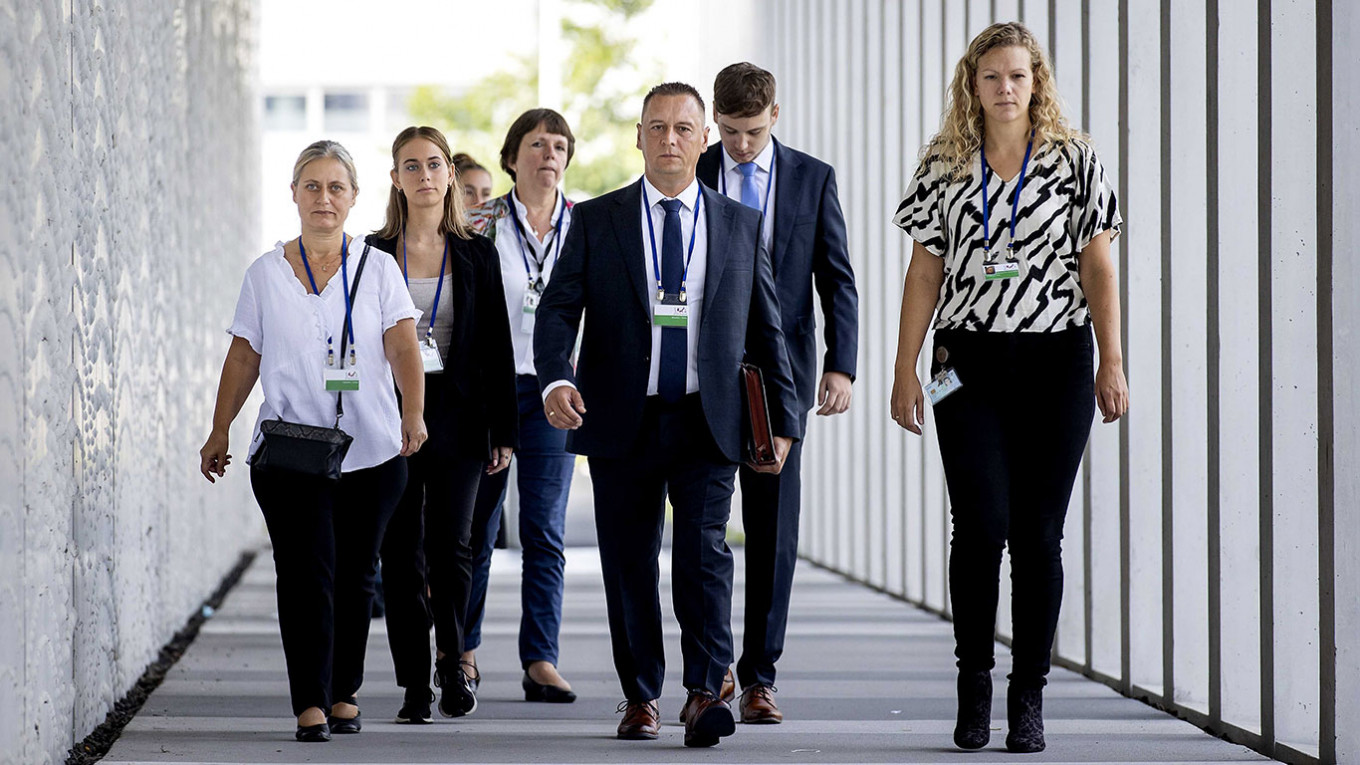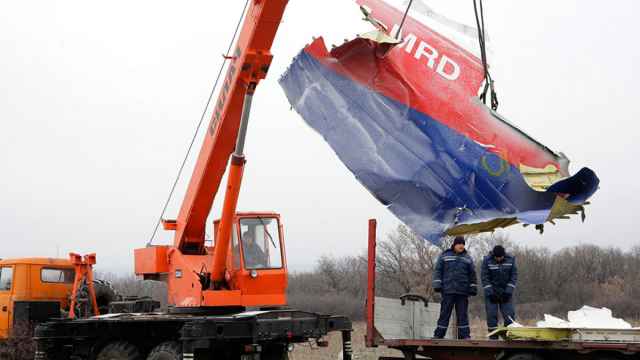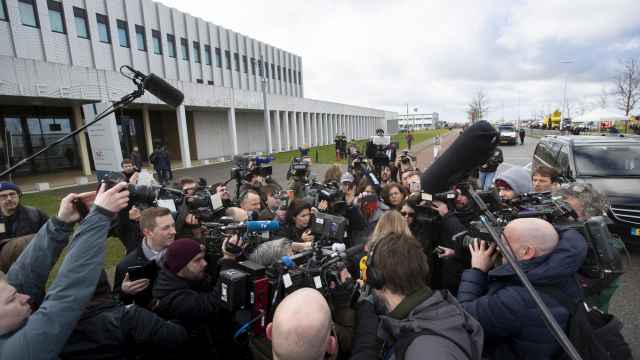The criminal trial of four men suspected of involvement in the downing of flight MH17 started on March 8 2020.
It has been a trial that has presented a lot of information about the BUK missile system, its firing location and Russia’s role in Eastern Ukraine. It has also been a trial the defendants did not attend, and at which, until last week, the victims’ next of kin stood on the sidelines being confronted with many painful details, rejection of responsibilities, alternative scenarios and indifferent attitudes from the defendants.
But under the Dutch legal system, next of kin have the right to address the court. They are allowed to speak about the impact their loved ones’ gruesome deaths had on their lives, and also about the criminal case itself. This testimony does not affect the court's decision, but it might have some influence on sentencing if the suspects are found guilty.
In September 2021, the court set aside three weeks to hear statements from 91 surviving relatives. In November another small group of surviving relatives will address the court.
In the past two weeks we have heard from many bereaved families — relatives who have lost their children, grandchildren, parents, grandparents, brothers and sisters.
Through very emotional words we have seen and heard how families have been totally destroyed and disrupted, how relatives of the dead have had problems with their employers and social relations and how families and marriages have been torn apart.
We have heard how the bereaved suffered great psychological and physical distress and saw their futures and their pasts horribly destroyed. We understood how, even after seven years, they are still suffering greatly from the violent deaths of their loved ones.
In these past weeks relatives of the dead have described to us in detail the painful and lengthy process of repatriation and identification of the victims and the subsequent farewell, if that was even possible.
The bereaved have been given no opportunity whatsoever to distance themselves from what happened because of the lengthy legal procedures, constant news reports and disinformation they are constantly confronted by against their wills.
They feel powerless because they are involved in a geopolitical conflict and a war they have no influence over, and MH17 and the next of kin play a negligible role in Russia’s power game. They are insignificant pawns in a macabre game of chess.
All of these factors have caused untold personal suffering.
Obstruction and denial
Russia’s reprehensible attitude is hindering many next of kin in their coping process. The barriers include the constant obstruction of Joint Investigation Team (JIT) work and ongoing criminal proceedings and the many alternative scenarios that have been launched with the aim of spreading doubt and confusion. Russia also constantly denies any responsibility for the tragedy.
We see this in the criminal proceedings, but also in the proceedings of more than 400 relatives and the Dutch government at the European Court of Human Rights. And in Russia’s unilateral termination of diplomatic talks on MH17 with the Netherlands and Australia.
Almost all the relatives who addressed the court have indicated that they find the attitude of the Russian government difficult to cope with.
But the doubt and confusion Russia is trying to sow will not succeed with the large group of next of kin. There is great unity among the bereaved. Their determination to find truth and justice is just as great as Russia’s desire to ignore the disaster.
We have seen in the past seven years, and in the past few weeks in particular, that the victims’ relatives, despite their personal misery and Russian opposition, are able to conduct themselves in a very dignified and civilized manner, both inside and outside the criminal process. And when you consider what was done to their loved ones, their attitude commands respect and admiration.
They have great confidence in the Dutch legal system, the Public Prosecution Service and the independent court, and rightly so. Some of the next of kin also say that the presence of lawyers for at least one suspect will ensure that the court will be able to give a well-considered judgement in 2022.
The care that the Public Prosecution Service, the District Court and the bereaved relatives’ lawyers are taking over the case is striking.
Let the civilization shown in this monster trial by the court, the litigants and the next of kin themselves in the aftermath of the downing of flight MH17 be an example to Russia and the defendants of how truth and justice are handled in a civilized society.
A Message from The Moscow Times:
Dear readers,
We are facing unprecedented challenges. Russia's Prosecutor General's Office has designated The Moscow Times as an "undesirable" organization, criminalizing our work and putting our staff at risk of prosecution. This follows our earlier unjust labeling as a "foreign agent."
These actions are direct attempts to silence independent journalism in Russia. The authorities claim our work "discredits the decisions of the Russian leadership." We see things differently: we strive to provide accurate, unbiased reporting on Russia.
We, the journalists of The Moscow Times, refuse to be silenced. But to continue our work, we need your help.
Your support, no matter how small, makes a world of difference. If you can, please support us monthly starting from just $2. It's quick to set up, and every contribution makes a significant impact.
By supporting The Moscow Times, you're defending open, independent journalism in the face of repression. Thank you for standing with us.
Remind me later.








